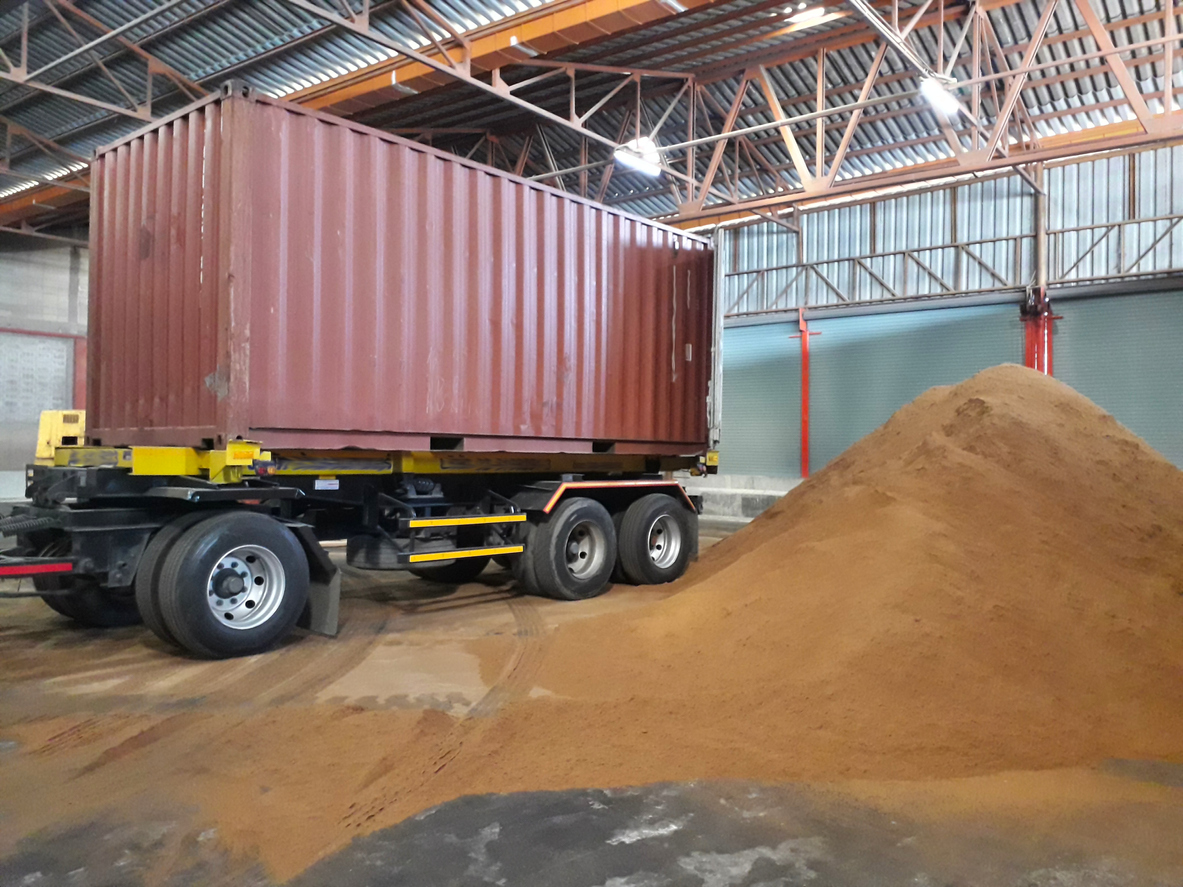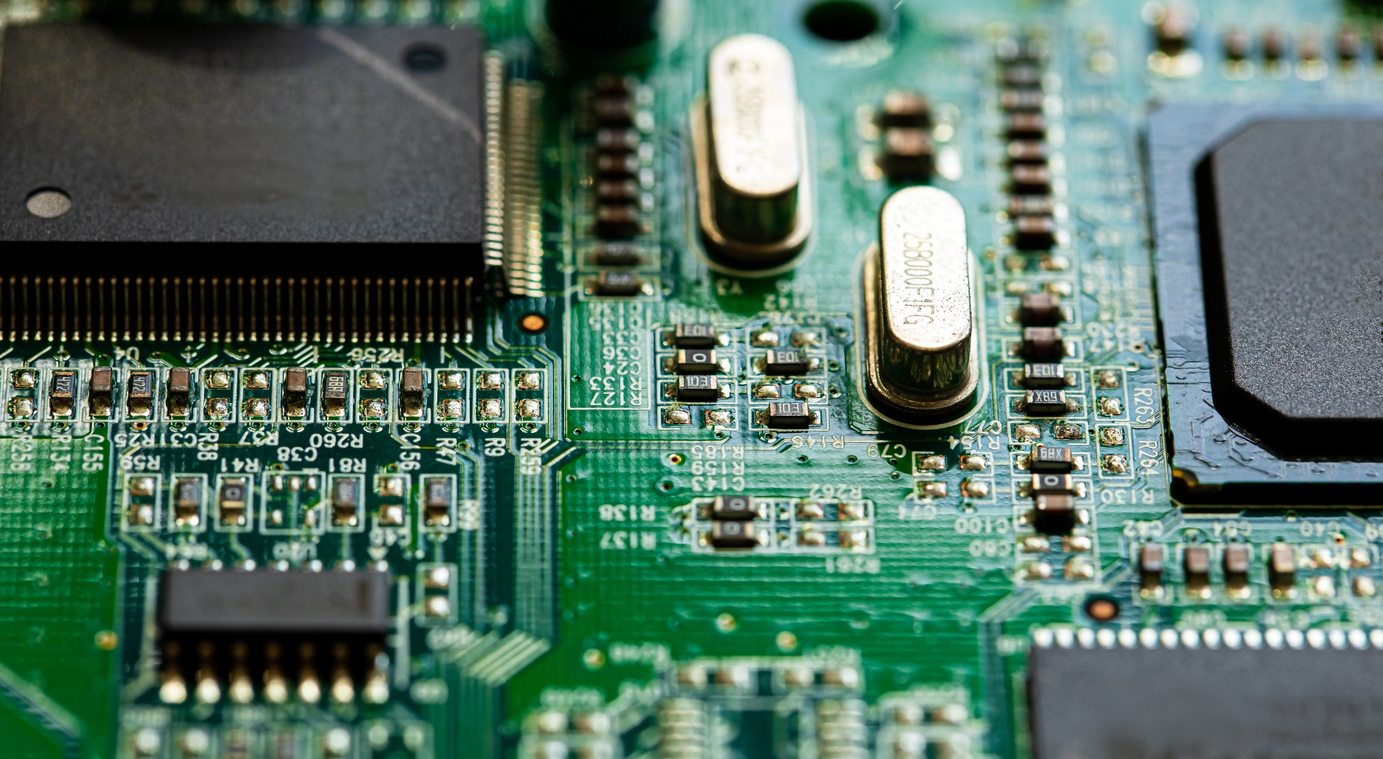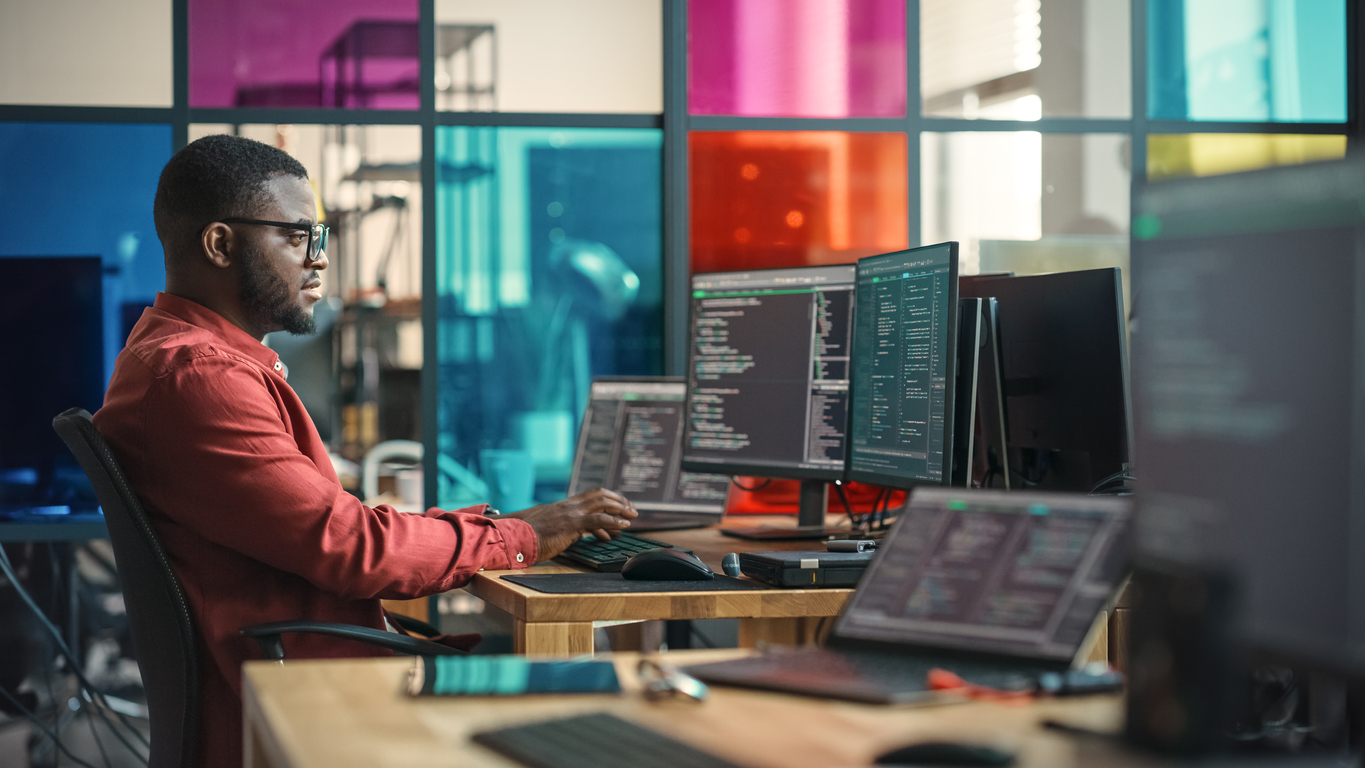An Overview of Nigeria’s Raw Materials and Their Finished Products: An Insightful Guide
An Overview of Nigeria’s Raw Materials and Their Finished Products: An Insightful Guide
Nigeria is an incredibly diverse and vibrant nation, with a range of raw materials available to be used in the production of finished products. From rubber, timber and cotton to cassava, cocoa and oil, Nigeria has a wealth of resources that can be used to create a wide range of finished products. This insightful guide will provide an overview of Nigeria’s raw materials and their finished products, as well as highlighting the potential of these materials in the Nigerian economy. It will explore the country’s natural resources, the current state of the Nigerian economy and the opportunities available for investors interested in developing finished products from these materials. Additionally, this guide will discuss the challenges that must be addressed in order to increase the production of finished products from Nigeria’s raw materials. With this information, readers will gain a greater understanding of the potential for investment and growth in the Nigerian economy.
Overview of Nigeria’s Raw Materials
Nigeria has a variety of natural resources that can be used to create a wide range of finished products. The country’s main raw materials include rubber, timber, cocoa, oil palm, cassava, cotton, iron ore and gold. These resources are essential to Nigeria’s national economy and can be used to create a wide range of products, such as textiles, footwear, furniture, plastics and fertilizer. Among these resources, rubber has the potential to drive significant economic growth in Nigeria. Currently, 88 percent of rubber consumed in the country is imported. This represents a significant opportunity for rubber-producing businesses in Nigeria. The country’s natural rubber production declined from over 200,000 tons in the 1960s to less than 5,000 tons in 2011. This decline in production was due to a number of factors, including the rise of synthetic rubber and a decline in the use of natural rubber in tire manufacturing. Although Nigeria imported around $1 billion of rubber in 2017, its indigenous production of the product has the potential to increase significantly.
Current State of the Nigerian Economy
While Nigeria is rich in natural resources, the country has struggled to make these resources profitable. The nation has a long history of corruption, which has led to poor governance and mismanagement of natural resources. As a result, many of Nigeria’s citizens live far below the poverty line, and the economy has struggled to sustain growth. To address these issues and improve Nigeria’s economy, the country has turned towards investment from international companies. Investment in the Nigerian economy has grown significantly in the last decade. In 2010, total investment in the country was $36 billion. By 2018, this figure had climbed to $62 billion, according to the United Nations Conference on Trade and Development. This significant increase in investment has contributed to significant economic growth in Nigeria.
Opportunities for Investment in Nigeria’s Raw Materials
Nigeria’s raw materials have the potential to drive significant economic growth in the country. Some of these materials, such as rubber and iron ore, are essential components of finished products such as tires and construction materials. Other materials, such as timber, can be used in the creation of furniture and other household goods. The production of cocoa and cassava, two of Nigeria’s most valuable raw materials, can also contribute to economic growth. These products can be used to create cocoa butter and cassava starch, both of which are essential in the production of a wide variety of products. These resources can be used to create a number of finished products, including chocolate bars, soap, cosmetics, starch and paper.
Challenges of Producing Finished Products from Nigeria’s Raw Materials
Although Nigeria has a wealth of raw materials available to be used in the production of finished products, the country has struggled to increase the production of these finished products. In many cases, this is a result of poor infrastructure and a lack of skilled workers. Infrastructure and logistics have long been a challenge for businesses in Nigeria. The country is home to some of the most inefficient ports in the world, with the average processing time for imports and exports taking around 90 days. This significantly impacts businesses throughout the country, particularly those involved in the production of raw materials, such as rubber, timber and cocoa. In addition, there is a shortage of skilled workers in Nigeria, especially in the fields of engineering and technical manufacturing. These shortages make it more difficult for businesses to increase the production of finished products from raw materials.
Conclusion
Nigeria has a wide range of raw materials available to be used in the production of finished products. From rubber, timber and cocoa to cassava, oil and gold, Nigeria has a wealth of resources that can be used to create a variety of finished products. The production of these finished products has the potential to drive significant economic growth in the country. There are, however, a number of challenges that must be addressed in order to increase production of these finished products. These include poor infrastructure, a shortage of skilled workers and corruption. With these issues addressed, Nigeria’s raw materials have the potential to create significant growth in the country’s economy.







LEAVE A COMMENT
You must be logged in to post a comment.